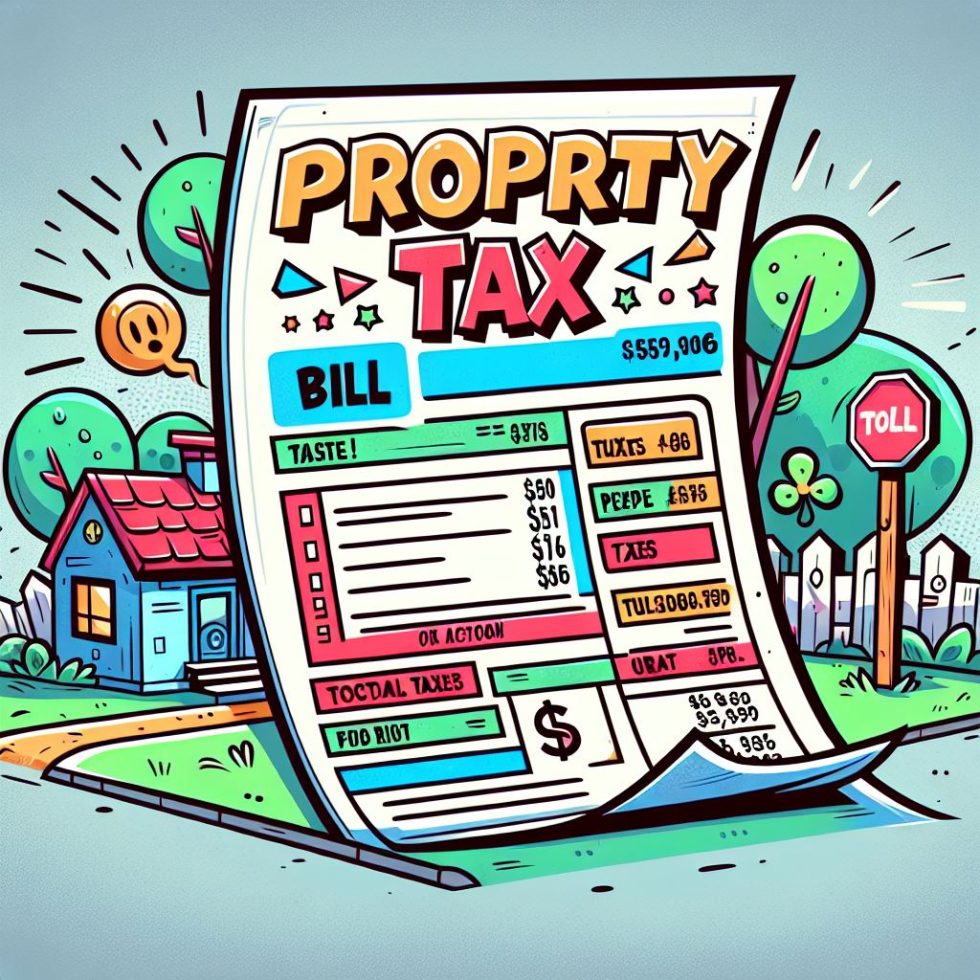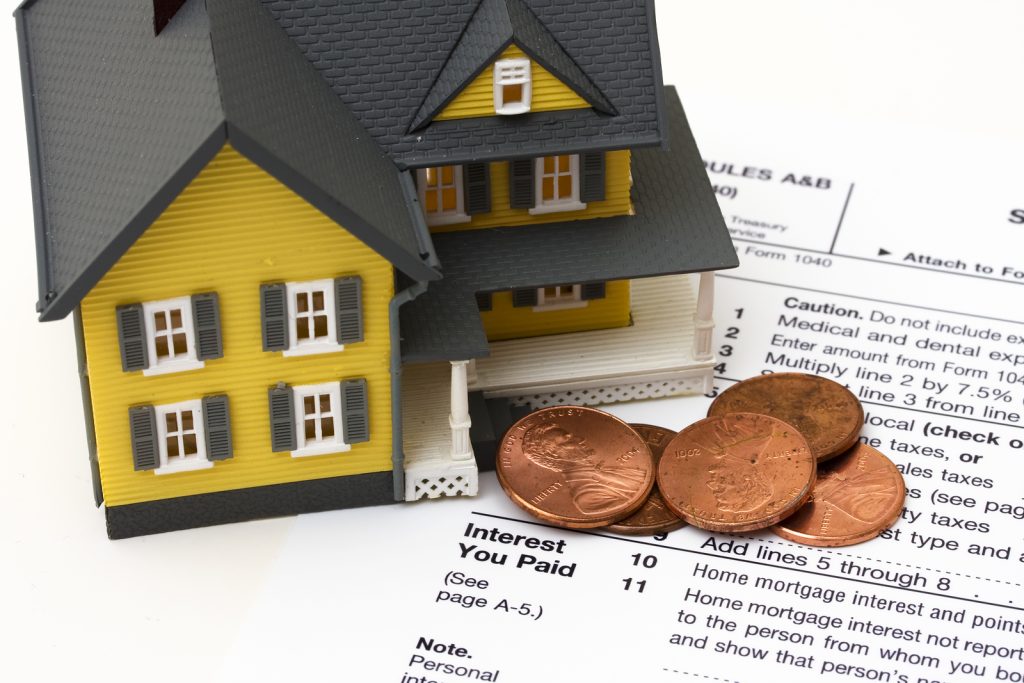

Understanding Property Taxes: A crucial aspect of homeownership that often evokes apprehension is the subject of this guide. Property taxes, an essential component of local government funding, are a critical element of the real estate investment process. They represent a recurring cost associated with owning a home or property, and can vary significantly based on several factors, making it essential to gain a thorough understanding of property taxes to ensure informed financial decisions. Many homeowners feel overwhelmed by the complexities of property taxes, leading to confusion and potential financial strain. This guide simplifies the process, empowering homeowners with the knowledge needed to understand and manage their property tax obligations efficiently. It will outline the key factors impacting property tax calculations, common pitfalls, and strategies to optimize your tax liability. This article will provide a structured approach to understanding property taxes, including factors like property value assessment, tax rates, exemptions, and appeals. Specifically, it will cover the essentials of property tax assessment, various tax exemptions and deductions available, and crucial information on how to navigate property tax appeals and disputes.
Understanding Property Tax Assessments
Factors Affecting Property Value
Property taxes are primarily calculated based on the assessed value of your property. This value is often determined by a combination of factors like the property’s location, size, condition, and comparable sales in the area. A higher assessed value typically translates to a higher property tax liability. The tax assessor considers details like the property’s age, building materials, and features. For instance, a renovated kitchen or a modern energy-efficient HVAC system might influence the assessed value.
Common Pitfalls in Assessments
Homeowners frequently encounter discrepancies between the assessed value and the market value. Overvaluation can occur when the assessor uses outdated market data or fails to account for unique property characteristics. Conversely, undervaluation can result in lower tax payments but might not reflect the true worth of the property. Knowing how assessment processes work can help you anticipate potential issues.
Addressing Assessment Discrepancies
If you believe the assessment is inaccurate, you have avenues to address it. Researching local property tax regulations and consulting a real estate professional or tax advisor can provide valuable insight into navigating this process effectively. The assessor’s office is likely to have resources to clarify specific procedures.
Navigating Property Tax Rates
How Tax Rates Vary
Property tax rates vary widely across different jurisdictions, including municipalities, counties, and school districts. Different communities prioritize funding different services, which impacts tax rates. Factors influencing these rates include local budgets, public spending priorities, and economic conditions. Homeowners in high-demand areas often face higher tax rates compared to those in less developed regions.
The Role of Local Government Funding
Property taxes provide a vital source of revenue for local governments. These funds are used to maintain essential services such as roads, schools, parks, and public safety. Understanding the local priorities can help you appreciate the impact of the property tax rates.
Understanding Local Budget Priorities
The local budget directly impacts property tax rates. A budget prioritizing significant infrastructure projects or educational programs can lead to higher rates than budgets focused on basic services.
Impact of Economic Conditions on Rates
Recessions and economic downturns often lead to lower property tax rates. This is usually to promote economic growth in the long-term and to support homeowners. Conversely, economic growth can sometimes result in higher property tax rates. These rates are always dependent on the specific area and the local needs.
Understanding Tax Exemptions and Deductions
Identifying Available Exemptions
Several exemptions can potentially reduce your property tax liability. For example, exemptions may be available for seniors, veterans, or homeowners with disabilities. Certain types of properties such as churches or educational institutions can also be exempted from paying property taxes.
Researching Relevant Deductions
Tax deductions for homeowners can significantly impact their final property tax obligation. The specific deductions available can be dependent on the homeowner’s situation and any applicable rules.
Navigating Tax Exemptions and Deductions
Homeowners should carefully research and understand the specific exemptions and deductions available in their jurisdiction. Contacting local tax authorities is crucial in ensuring that your property qualifies for all applicable exemptions and deductions.
Property Tax Appeals: A Guide for Homeowners
When and How to Appeal
Property tax appeals are a means for contesting the assessed value of your property. Appeals are a process for seeking a reassessment. Homeowners can appeal if they believe their property’s assessed value is higher than its fair market value. The appeal process varies depending on the jurisdiction.
Supporting Your Appeal
To successfully appeal, you must provide strong evidence of your argument. Market research, comparable sales data, or professional appraisals can strengthen your appeal case.
Tips for Effective Property Tax Appeals
Careful documentation and thorough preparation are critical. Engage with assessors promptly to establish a clear understanding of the process. Consult a financial advisor or real estate professional for tailored guidance.
Real Estate Tip: Managing Property Taxes Proactively
Long-Term Financial Planning
Budgeting property taxes consistently is a crucial aspect of managing your real estate investment. This consistent approach ensures you can manage this recurring cost. In addition, financial planning is critical for managing property taxes effectively, to maintain consistency and ensure your funds are adequately budgeted.
Understanding Tax Laws and Regulations
It’s essential to keep up to date with changes in tax laws and regulations to be aware of changes to the system. These changes often impact homeowners. Proactive monitoring ensures you are compliant and take advantage of any potentially beneficial changes.
Staying Informed
Following local tax news, and reviewing local guidelines to be aware of any changes in your region is a good strategy.
Conclusion on Proactive Tax Management
Proactive management is a key strategy for successful homeownership and real estate investments. By staying informed and proactive, homeowners can confidently navigate property tax complexities and mitigate potential financial burden.
In conclusion, understanding property taxes is crucial for any homeowner. By comprehending the factors influencing your tax liability, you can proactively manage your finances and make informed decisions about your property. This guide has provided a foundational understanding of property taxes, and hopefully, has empowered you to navigate the process with confidence. Take the next step and explore local tax assessment websites, and consult with a financial advisor if you need personalized guidance. Remember, informed homeowners are empowered homeowners.
